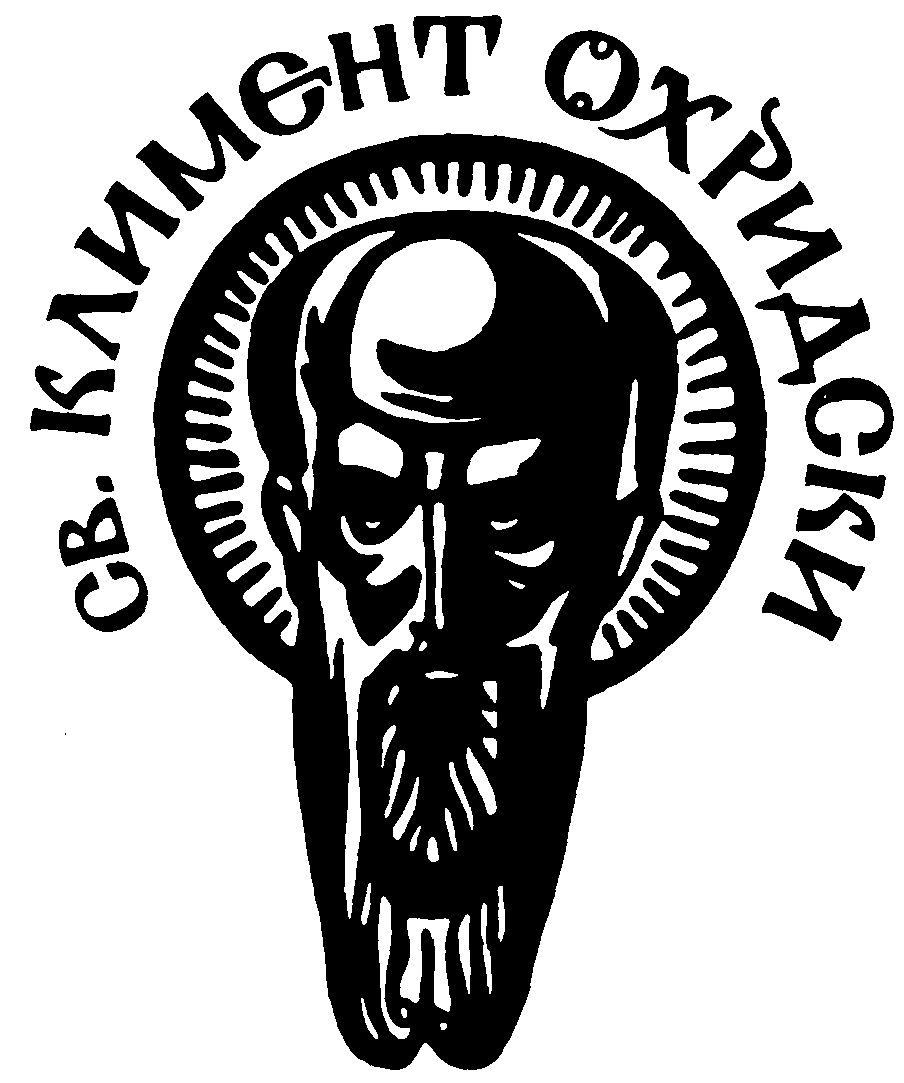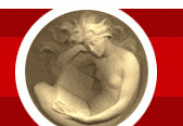The correspondent of the Boston Traveller, writing from Beirut, under date of July 6, furnishes some interesting items regarding the state of affairs in Syria. He says:
"In view of the great desolation which now prevails in Syria, and of the necessary abandonment for the present of all missionary operations in Mt. Lebanon, the American Mission in Beirut, on last Sunday, announced the following Friday as set apart for fasting and prayer. Services were held in the American chapel, where a large number of American and English residents gathered, to indicate their dependence upon God and their sympathy with the unfortunate ones around them. In the mission premises were gathered several hundred homeless ones, some of whom were sick and nearly naked. It was a touching sight. Upon the other side of the chapel were stationed a group of soldiers for the protection of American citizens. Under these peculiar circumstances, Rev. DANIEL BLISS opened the meeting with prayer, and the usual exercises of reading the Scripture and singing. He then addressed the audience for a few moments relative to God's Providence and watchfulness in the affairs of men. Rev. Dr. THOMPSON, the pastor of the church, and author of that popular work "The Land and the Book," then called our attention to the main object of the meeting, i.e., to pray for the interposition of Jehovah, and to humble ourselves before Him, seeking that light and wisdom which cometh from above, and that solution of our difficulties which can emanate from no other source.
Rev. H.H. JESSUP of the Tripoli station remarked that if in the previous annual meeting of the mission at Beirut the different members had been asked in what manner they would rather be afflicted, no one would probably have chosen the afflictions of to-day, which have stopped Missionary operations, disbanded schools, cut off the people of Missionary stations, burnt churches, schoolhouses and the dwellings of their congregations. He believed that God intended to teach the Mission its entire dependence upon Him, and the necessity of an implicit confidence in the only arm which could save them out of their distresses.
Rev. J.E. FORD, of the Sidon Station, who had been driven away by the Druse and Moslem persecution of the Christians of that place, remarked that the ties which bound the audience to this land were various, and that their obligations were as much so. As missionaries, they were brought to consider the question of their faithfulness to the people, thousands of whom had now been placed beyond the reach of the Gospel during the war; as merchants, who are responsible for their influence among the people -- for merchants are real preachers after all, who should exemplify and illustrate in their lives and the business affairs of the world the precepts and principles of Christianity; and as officials, great responsibility devolved upon all who had to do with political affairs in the land. He besought with much earnestness those present to do away with the old saying which was some time ago in the mouth of every one in Syria, viz.: "The English have no religion."
The meeting was solemn, the effect upon the audience palpable, and every one present left the chapel with a chastened feeling and solemn heart. No collection was taken up in behalf of the poor, for it is well understood that every Fra[???] family in Beirut has been contributing to the support of many refugees.
The playing of the British Band at Ras Beyrouth is hardly in consonance with the state of things, for the community is in mourning, stricken with a terrible grief. A financial crisis is also impending. Several thousand citizens and merchants have already fled to Alexandria, Malta and Cyprus; those who remain can transact no business, the Bank pays no money, and everything is at a standstill. Not everything, for another American vessel, the Moneynick, Capt. SMITH, arrived on the 5th, bringing lumber from Savannah. It has come in good time, for nearly two hundred villages must be rebuilt sooner or later, in order to reinstate the fugitives in their homes.
Cards of invitation have been issued to the public of Beirut to a grand musical matinee at the residence of Mr. BROE, the banker, for Monday, for the benefit of the sufferers, admission fee one dollar. The subscription list is very full, including all the resident consuls and many foreign residents. The Brass Band of the British line-of-battle ship will perform its best pieces, and the young ladies will exert themselves for the public good. Benevolence is now the order of the day, and relief for the poor is the password in Beirut circles.
Under date of July 14, the same correspondent sketches the late massacre at Damascus, details of which our English files have already furnished, and adds:
The Christian population of Damascus has been estimated at 25,000 souls. Ten thousand Christians can now be accounted for, lodged in the castle of the town, and under the protection of the famous Algerine chief ABDEL KADER, who has proved himself a great friend of the Christians. But where are the rest? Fifteen thousand are unaccounted for! One hundred fugitives are crowded into the British Consulate; but who can tell how long they will be safe? A letter was received from the Prussian Consul of Damascus, by his Consul-General at Beirut, stating that a majority of the Christians had been saved up to that time; that the Consuls had taken refuge at the house of ABDEL KADER, with the exception of the English and Prussian Consul, who were fortified in their own houses in the Turkish quarter, and that the Russian, Greek, French, Austrian, Dutch and American Consulates, had been pulled down or burnt. On the evening of the 10th the mob increased to the number of twelve hundred. On Tuesday the Arabs and Druses were admitted; and, fresh from the bloody fields of Deir-el-Kamar and other massacres, these fiends in human shape rushed into the Christian quarter, killing every one they met. The work of destruction is complete, so far as burning and pillage is concerned; not a habitable Christian house remains.
The British Consul attributes the safety of his own Consulate, merely to the fact that it is situated in the Turkish quarter, into which the rebel mob is not allowed to pass -- the owners of the property, the landholding Moslems, standing in the entrances of the streets with arms to prevent them. The Prussian Consul further states that the Government here as at other places completed the destruction of the Christian quarter.
Five thousand regular and irregular troops were placed around the Christian quarter so as to surround it entirely -- and these men who could have prevented the insurrection without a blow, allowed free ingress and egress to the insurrectionists, and instead of allowing the fleeing Christians to escape, slew them, and threw them back into the flames.
What have Christians to hope in such a land as this, and under such a government? They are now everywhere spit upon and persecuted, and their privileges are being rapidly wrested from them. Beirut is now considered to be in imminent danger, not only from the Druses, who still threaten the extermination of the Christians, notwithstanding the treaty of peace just signed by them, but from the Moslems and Turkish soldiers. Thousands of the citizens of Beirut have fled, and every medium of transportation is pressed into service for those who leave to-day and to-morrow.
Col. CHURCHILL, the author of three large volumes on Mt. Lebanon, the father-in-law of the British Vice Consul, a friend of the Druses and father-in-law to a Christian Prince of Mt. Lebanon, spends every night on board a British frigate, fearing the perils of a longer residence on shore. And he is a British officer; so who can blame us ladies for feeling alarmed. The European merchants have sent their families to Europe, and hold themselves in readiness to leave at a moment's notice. The agents of the American house of DABNEY & CUNNINGHAM, of Boston, live on board the Moneynick; an American vessel, and the entire Christian quarter of Beirut is to-day deserted.
News is just received of the murder of one of the missionaries in Damascus. Rev. Mr. GRAHAM, of the Irish mission, a British subject, was found among the dead in the streets of that ill-fated city. His case was a peculiar one. The dangers which have long threatened the Christians of the interior induced some of the missionaries to withdraw to the sea coast, as it had been resolved at a meeting of the Irish and American mission that every one should avail of such means of escape as he thought proper. This meeting occurred about ten days ago. Rev. J.E. FRAZIER and family came to Beirut, accompanied by his co-laborers, Dr. HATTIE and Mr. FORRETT. Mr. GRAHAM prepared to accompany them, was booted and spurred for the journey, when he changed his mind, and determined to remain a few days longer with Rev. SMYLIE ROBSON and family, an English missionary. At the date of our last letters from Damascus, Mr. ROBSON and family were safe in their house, but expected an immediate attack.
I have been permitted to see a translation of a letter dictated by the American Consular Agent at Damascus to the Consul-General in Beirut, and have been allowed to copy a portion of it relative to the insurrection:
"My neighbors, Metoualists, (a sect of Moslems,) attacked my house at 3 o'clock on Monday, and plundered everything they could find, and then pulled down as much of the house as possible, fearing to burn it lest their own houses would be endangered by the fire. They fired guns, but did not hit any of us. I was struck with an axe upon my head and received another blow upon one eye. One of my Moslem friends named MOHAMMED SAUTAREY came at that moment with some Algerines and delivered me out of their hands and took me to this house quite naked, with nothing on my head and barefooted. He brought my family also, and is feeding us. Some Moslems sent clothes and money for me and my children. I am now in his house in bed, under God's mercy. My eye and one of my hands are very much injured. If it were not for his lordship, ABDEL KADER and MOHAMMED EFFENDI HAMYOH and SALIM EFFENDI ATTAR, the remaining poor Christians who are now under God's mercy, and expecting every moment to die, would have all been lost. The said ABDEL KADER is exerting himself to the utmost to stop this massacre. He continues to collect these scattered Christians and give them shelter at a safe place or at the castle. The refugees at the house of Mr. BRANT, the English Consul, are about one hundred souls. He has just gone, escorted by regular troops, to the Governor-General, to request the burial of the dead, for fear of plague, and to give food to those who are at the castle, which are about ten thousand souls. The number of the dead is not known.
May God give us a good end and enable me to meet with you in the Heavenly Jerusalem, together with the writer of these lines, my son NASEEF."
The above extract, to all Americans who have enjoyed the acquaintance and hospitality of the agent at Damascus, Dr. MESHAKA, will be of great interest. We in Beirut love the old patriarch, and are deeply affected by his misfortunes. We know not how soon our turn may come. The information that there is but one American vessel of war in the Mediterranean, and that vessel must necessarily remain in Sicily, for the protection of American interests there, is very disheartening -- and to-day, there is a growing feeling in the American community in favor of an exodus. Most of us wish to remain as long as our Consul stays, but as he is determined to remain at his post at all hazards and under any circumstances, we may leave very soon. He can give us no further assurance of safety, and says we must take such measures as we deem proper for our safety, either at his house, on board the shipping, or retire for a short time to a less dangerous locality. It may be, that the next steamer to the Island of Cyprus, may take some of us from these exciting scenes.
The family of Rev. Mr. FRAZIER will be the third missionary family departing for America. They go to-day.
Admiral MUSTAPHA PACHA, with two ships of the line and two frigates, now commands the harbor of Beyrout, and the new Governor-General of Damascus, sent to replace the present Governor, departed yesterday from Beyrout, with about 2,000 soldiers, for his new and somewhat dangerous post of duty.
The appointment of NAMIK PASHA as Commander-in-Chief of the Turkish army in Syria is not considered a favorable sign for the Christians, inasmuch as he was the Governor of Jeddah at the time of the massacre at that place, two years ago. Indeed, the Christians are so much disheartened that, unless the country will soon pass into the hands of a Christian Power, they will desert it en masse. Syria is thrown back fifty years at least already, and who can read the future? HADJI.



















